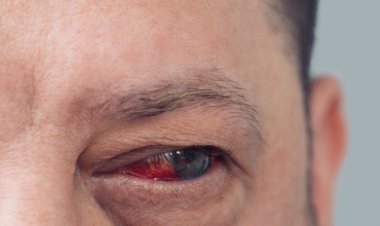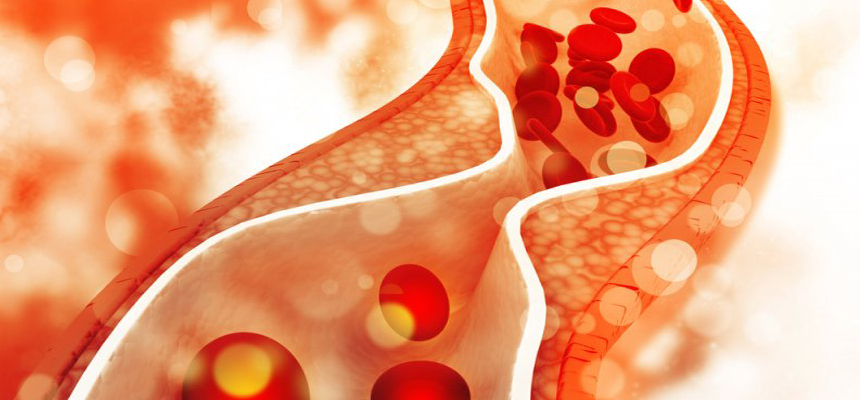Important things to know about Heart Attack

Our Country is seeing an alarming rise in the incidence of cardiac diseases. You would have heard of young individuals dying of sudden heart problems. This is a major cause of concern, as we may very well blame our lifestyle for resulting in such conditions. With increasing stress levels, hypertension (high blood pressure) is prevalent, which in turn poses great risk for Coronary Artery Disease, heart failure, stroke, and other systemic conditions. Similarly, unhealthy eating and erratic eating habits also predispose an individual to obesity, which is a major risk factor for heart disease.
When we say ‘heart attack,’ the blood flow to the heart is blocked; thus, it refers to a circulatory problem. On the other hand, a sudden cardiac arrest is when there is malfunctioning of theheart along with rapid beating or stoppage of beating. To simplify the description, cardiac arrest may be considered an electrical problem of the heart.
Often, when we hear of individuals experiencing a sudden episode of heart dysfunction, we say that he/she had a heart attack. Some of us may use the term ‘cardiac arrest.’ While, commonly, these two terms are used interchangeably, it is important to know that both refer to different conditions. Dr. Narayan Gadkar, Cardiologist, Zen Multispecialty Hospital talks about the basics of both the conditions and the preventive, therapeutic measures for each.
Heart attack
Scientifically, a Heart Attack is known as a myocardial infarction (MI) that causes damage to portions of muscles of the heart, which receive inadequate blood supply. This generally happens due to blockage of one or more arteries supplying the heart. Oxygenation of the muscles is prevented, which subsequently leads to damage. Consider that, if the block in the artery is resolved, as sometimes observed in cases of small clots, the muscles recover. However, the longer the time taken to restore blood supply, the more the damage, as the muscles do not receive the necessary nutrients to function. This would mean that over time the heart muscles weaken and will not be able to bear the daily demands. Thus, delaying treatment or being unaware of the condition leads to greater damage. However, unlike sudden cardiac arrest, during a heart attack, the heart does not stop beating.
Common signs of a heart attack include discomfort, pressure or pain in the chest, arm, back, neck, jaw, or stomach. One may also experience shortness of breath, sudden nausea or vomiting, lightheadedness or dizziness, and unusual fatigue. These symptoms may be immediate and intense. However, in many cases, these symptoms may begin days to weeks, before an actual attack. The intensity of the symptoms may not be high, and therefore the signs may be ignored, as one may consider that the problem could be a result of stress or physical exertion.
Prevention
Lifestyle and dietary changes play a major role in preventing heart attacks. Fatty foods tend to create build-up of plaque and clogging of the arteries. This is further exacerbated by lack of physical activity. It is important to incorporate an hour of moderate intensity exercise of any kind into your day, like aerobics, dancing, walking, strength training, etc. Maintaining a healthy body weight is mandatory, as central obesity (fat around the abdomen) is a common concern in our Country. While sudden attacks and cardiac arrests cannot be prevented, it is our duty to ensure that we follow a disciplined lifestyle to reduce our risk of suffering.

 Disclaimer: Welthi.com does not guarantee any specific results as a result of the procedures mentioned here, and the results may vary from person to person.
Disclaimer: Welthi.com does not guarantee any specific results as a result of the procedures mentioned here, and the results may vary from person to person.









